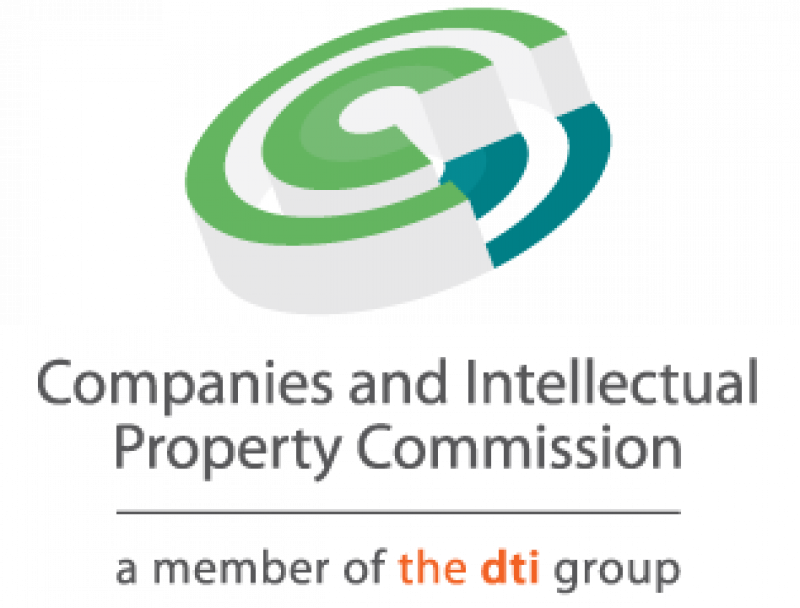CATEGORIES
- (3) Negotiating Tax Debt and Payment Arrangements with SARS
- (2)Account / Profile
- (549)Accounting
- (2)Accounting and Finance
- (28)Audit
- (156)Auditing and Assurance
- (1)Business
- (1)Business Management
- (3)Business Rescue
- (101)CIPC
- (7)Compliance
- (18)Ethics and Professionalism
- (46)Financial Reporting
- (1)Government Funding Applications
- (4)Guides
- (1)Individuals Tax
- (26)Law
- (37)Legal and Compliance
- (2)Management
- (10)Miscellaneous
- (28)Money Laundering
- (1)Personal & Professional Development
- (2)Practice Management
- (2)Professional Ethics
- (3)Public Sector
- (145)Regulatory Compliance and Legislation
- (41)SARS Issues
- (27)Sustainability Reporting
- (37)Tax
- (1)Tax Update
- (9)Technology
- (1)Wills, Estates & Trusts
- Show All
CIPC: Additional function on Beneficial Ownership Declaration service – complex structures
- 03 September 2024
- CIPC
- South African Accounting Academy

The Beneficial Ownership Declaration platform, therefore, now makes provision for further disclosure to identify the beneficial owners (natural persons) in circumstances whereby the first tier of the ownership structure is held by inter alia juristic persons, trusts or nominee shareholders.
In instances where there are multiple tiers to the entity’s structure, the Disclosure Form must still be used.
The purpose of providing for complex ownership structures on the beneficial ownership declaration platform is to systematically provide for declaration of multiple tiers of ownership or control. The juristic persons declared as part of the complex structures must each still tend to the beneficial ownership declaration for that entity.
Customers are reminded that the intention of beneficial ownership declaration is to identify and declare the natural persons who ultimately own or effectively control, through various means, the corporate entity.
For more information, contact the CIPC via its enquiry system.
Click here to download Notice 61 of 2024:
https://www.cipc.co.za/wp-content/uploads/2024/08/Notice-61.pdf
Relevance to Auditors, Independent Reviewers & Accountants:
- The Companies Act and Regulations is yet another piece of legislation that your clients must comply with, and which you must assess compliance with. If they don’t comply with the relevant laws and regulations, you have certain reporting obligations in terms of NOCLAR (NOn-Compliance with Laws And Regulations) – this could include reporting to management, qualifying your audit opinion, reporting a Reportable Irregularity, etc.
- As an auditor, independent reviewer and accountant, you also need to monitor your client’s compliance with the Companies Act and all relevant notices/enforcements/practice notes/customer letters issued by CIPC as the regulator.
- Where you perform these compliance tasks on behalf of your client, you need to ensure that you comply with all relevant notices/enforcements/practice notes/customer letters issued by CIPC as the regulator.
- Your clients will also have to comply with the resultant General Laws (Anti-Money Laundering and Combating Terrorism Financing) Amendment Act regarding anti-money laundering measures to be taken.
- As an auditor, independent reviewer and accountant you need to consider the impact of the Companies Act Regulations on your service offerings, as well as on your client’s beneficial ownership filing obligations – more specifically, the enforcement of Beneficial Ownership filings and securities registers).
Relevance to Your Clients:
- An entity (company or close corporation) has a duty to comply with the Companies Act, and all relevant notices/enforcements/practice notes/customer letters issued by CIPC as the regulator.
- Your clients will also have to comply with the resultant General Laws (Anti-Money Laundering and Combating Terrorism Financing) Amendment Act regarding anti-money laundering measures to be taken – and more specifically, the enforcement of Beneficial Ownership filings and securities registers.






